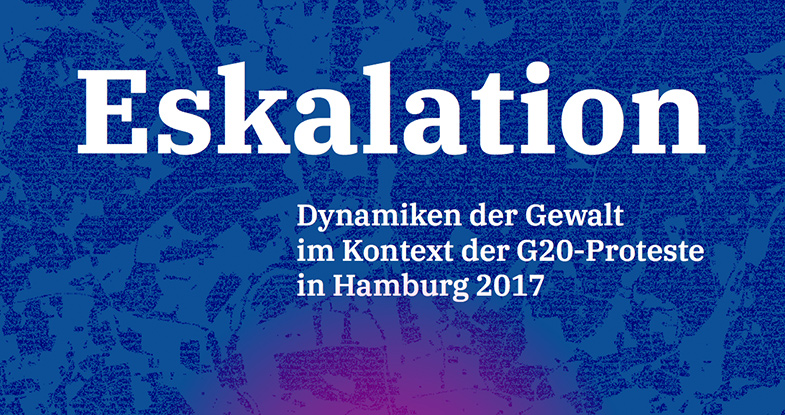A “sober, fact-based contribution to the public debate” is the claim of this interdisciplinary research project. It is about a complex of topics that is difficult to discuss “soberly” because of its complexity – the G20 summit in Hamburg (July 2-9, 2017) and the dynamic forms of violence that took place in its context. The more than 20 participating social scientists and lawyers, among others, title their report “Escalation” – it is about the “logics of action” and “interactions” of different, also heterogeneous “groups of actors” (e.g. civil society groups, demonstrators, police, state politics, media) and about the “spatio-temporal development of the events.
Who did what, when and where? And what happened as a result (in other places)?
In a nutshell, the research project writes on its website, the aim is to analyze “which conditions led to violence. The various formats of the project, the “analysis blog” and the “interactive map ” work on this question. The latter has an interactive timeline and the exciting function of showing or hiding individual “actor groups” and the actions attributed to them by means of a check mark. All events symbolized in this way are also provided with short information texts and often with further links. In the analysis blog, on the other hand, text-based approaches predominate, for example on thelegal disputes surrounding the Anti-Capitalist Camp or the local-historical contextualization of the protest against the G20 summit.
A radio report on the study by the deutschlandfunk program “Aus Kultur- und Sozialwissenschaften” can be found here, and further texts by the research network on the topic of the “G20 Summit in Hamburg” can be found here.

